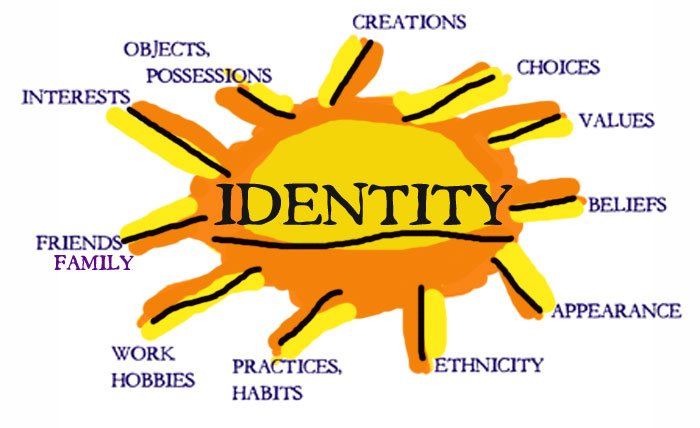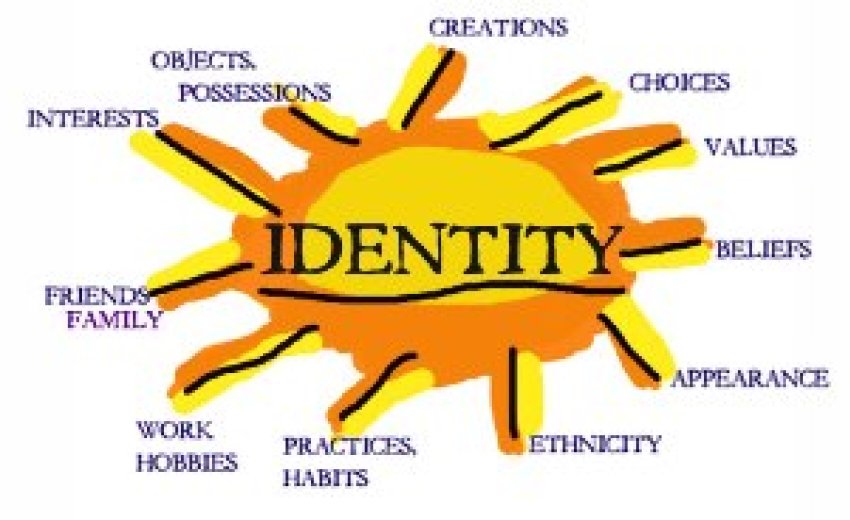 The title to this article might have conjured up images of a cowboy-style shoot ‘em up between turban-donning, mounted riders, and whilst I would welcome development of such an idea into a film, sadly that’s not what I’m writing about.
The title to this article might have conjured up images of a cowboy-style shoot ‘em up between turban-donning, mounted riders, and whilst I would welcome development of such an idea into a film, sadly that’s not what I’m writing about.
I am Sikh, Punjabi and Western (English) and like every other person growing up in the West I am challenged by the cultures of all three identities. I am also in my early thirties – if I think i’m having a tough time coming to terms with these uniforms, I am only thankful I am not ten years younger in the modern World.
Growing up in the West can be mentally taxing for young Sikhs. Whether English, American, Canadian or European, there pervades a Western notion of lifestyle, opportunity and prosperity that occasionally challenges the practices most of us engage in as Sikhs, and certainly impinges on the way we are brought up in Punjabi households. There is a wide array of ways in which the cultures denoted to us by birth clash with one another, from career choices to personal relationships, hairstyles to language usage. How we deal with these culture clashes will differ from individual to individual and whilst the maxim that a Sikh is a Sikh irrespective of their nationality, there is a growing need to support young people and help them to deal with life in a way that reflects the road they wish to travel on.
Young people find support from varied sources including friends, family, schools and independent organisations. The latter is what I would like to focus on seeing as this is the least regulated group from that list and arguably can have the most influence. In this context, independent organisations are extra-curricular clubs, societies and charities; places that provide essential skills in team-working, discipline and communication through playing a sport, learning a language or providing a service. Whilst engaging in an activity, young people are at least purportedly provided with guidance on everyday life and this is clearly seen in the confines of the Sikh experience: gatka akhare, Punjabi language classes, Khalsa/Gurdwara football teams, Sikh activist groups, and even online communities such as The Langar Hall.
There are many organisations with a Sikh ethos at the heart of their work that already support young people, doing great work to encourage them to think about the choices they make and the repercussions of their actions. We don’t necessarily need more organisations. But the ability of the individuals in those organisations to advise objectively and utilise appropriate training experience, is all too varied. The problems of some young Sikhs in there care go unseen as a result. Like our Gurdware which largely employ granthis without interview and operate educational programmes without long-term strategy, organisations engaging in youth work are unable to reach their potential for a number of reasons, including:
- there is no framework or blueprint taking into account the Sikh experience which an organisation can follow for best practice;
- influence from a Sikh perspective tends to be drawn from the personal allegiance of the leading figure, not from a point of objectivity; and,
- volunteer staff are offered little guidance in their own personal lives and have little recourse to expertise that they can offer in turn.
It would not be pertinent of me to write this piece and allow a discussion to begin, if indeed it does, without offering a solution or at least part thereof. I am a firm believer in the need for an active network, brokering introductions between those of varied skills and in close proximity, providing a platform on which to share resources, and presenting ‘from the top’ guidance to be instilled at the leisure of each organisation. In an online world it would be important to couple virtual communications with real-world events, monthly workshops, perhaps even an internationally collaborative conference. Guidance might be offered from a variety of sources based on the expertise required in different spheres; the possibilities are quite exciting. However, the most important element is to engage in a discussion before any solutions are proffered as the answer to our problems.
Coping with multiple identities is something that young Sikhs are expected to get on with and deal with alone, or if they are lucky, with a guiding influence in their life who also happens to be an experienced, objectively-minded individual. But I don’t see why this lottery that is the life journey of young Sikh Punjabi Westerners need continue. Discuss?

